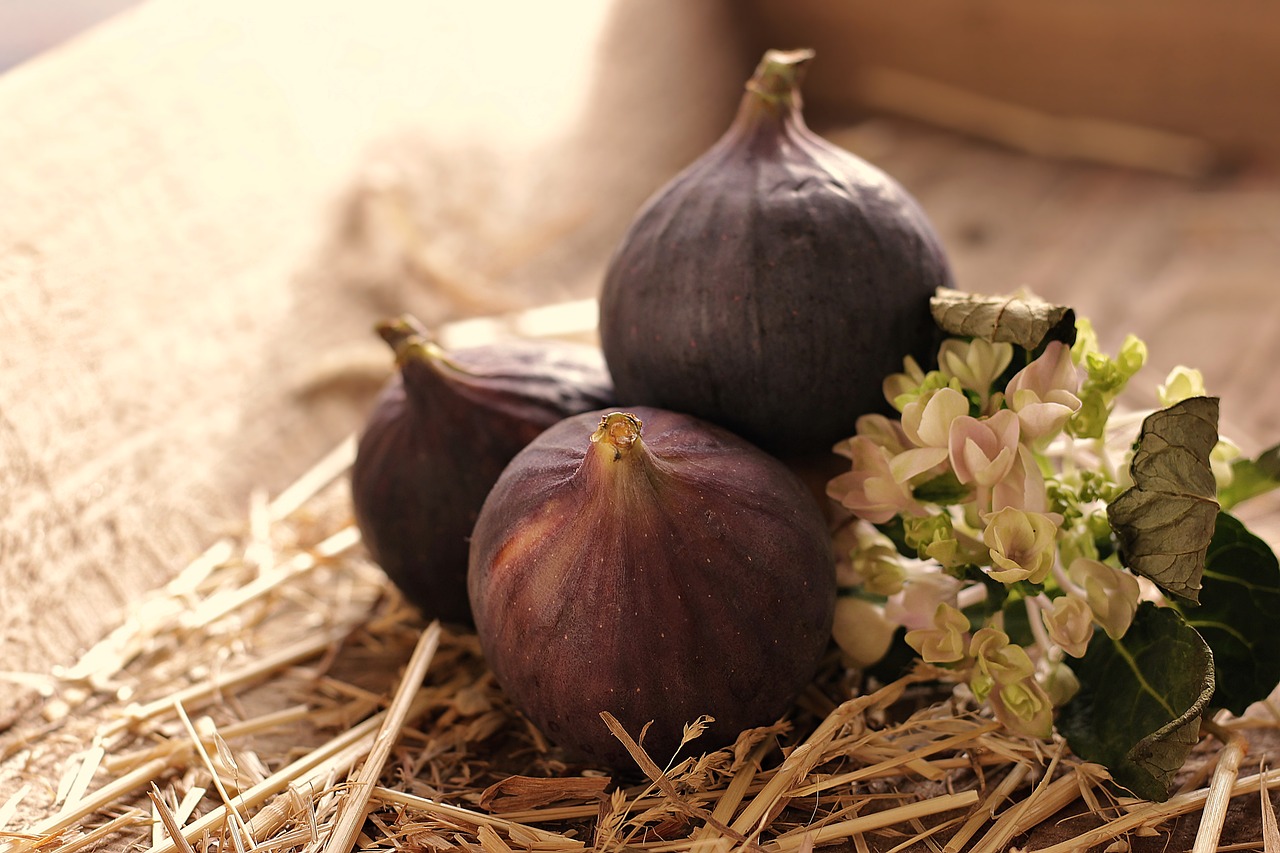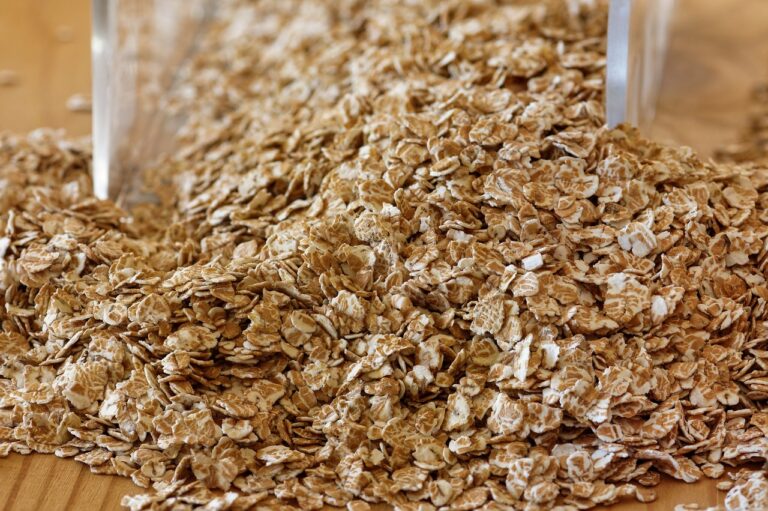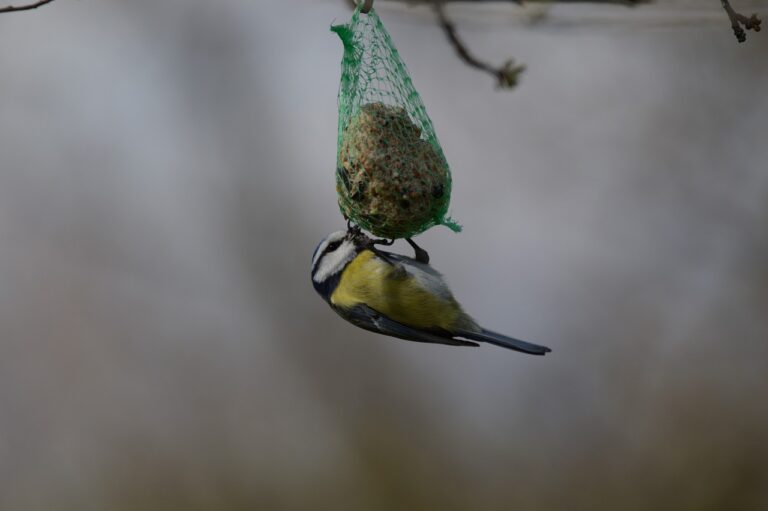Innovations in Sustainable Coffee Bean Harvesting for Ecosystem Preservation
allexchbet com login, 99exch.com, all panel:Innovations in Sustainable Coffee Bean Harvesting for Ecosystem Preservation
Did you know that coffee is one of the most traded commodities in the world? It’s no wonder that the demand for coffee continues to grow, with millions of people around the world starting their day with a cup of their favorite brew. However, the environmental impact of coffee production cannot be ignored. From deforestation to water pollution, conventional coffee farming practices have taken a toll on the ecosystems where coffee beans are grown.
Thankfully, there is a growing movement towards sustainable coffee bean harvesting that focuses on preserving ecosystems while still meeting the demands of coffee lovers worldwide. In this article, we’ll explore some of the innovative methods and technologies being used to ensure that coffee production is not only sustainable but also beneficial to the environment.
Shade-Grown Coffee
One of the most popular sustainable coffee farming practices is shade-grown coffee. Traditionally, coffee plants are grown in direct sunlight, which can lead to deforestation and soil erosion. By growing coffee plants under the shade of trees, farmers can mimic the natural environment where coffee plants thrive. This not only helps to preserve the natural ecosystem but also provides habitat for wildlife and birds.
Agroforestry
Agroforestry is another innovative approach to sustainable coffee farming. By integrating trees and shrubs into coffee plantations, farmers can create a more diverse and resilient ecosystem. Trees help to improve soil health, reduce erosion, and provide shade for coffee plants. They also sequester carbon from the atmosphere, helping to mitigate climate change. Agroforestry systems not only benefit the environment but also improve the livelihoods of farmers by providing additional sources of income from products like fruits, nuts, and timber.
Organic Farming Practices
Conventional coffee farming often relies on synthetic fertilizers and pesticides, which can have harmful effects on the environment and human health. Organic farming practices, on the other hand, focus on using natural inputs and biological methods to promote soil fertility and pest management. By avoiding the use of chemicals, organic coffee farming helps to protect water sources, soil quality, and biodiversity. Additionally, organic coffee beans are in high demand among consumers who are concerned about the environmental and social impact of their purchases.
Fair Trade Certification
Fair trade certification is another key component of sustainable coffee bean harvesting. By ensuring that farmers receive a fair price for their coffee beans, fair trade certification helps to improve the livelihoods of coffee producers and their communities. Fair trade also promotes environmental sustainability by encouraging farmers to adopt eco-friendly farming practices and invest in social development projects. When you choose fair trade coffee, you are not only supporting sustainable agriculture but also contributing to a more equitable and just coffee industry.
Blockchain Technology
Blockchain technology is revolutionizing the coffee industry by increasing transparency and traceability in the supply chain. By using blockchain to track the journey of coffee beans from farm to cup, consumers can verify that their coffee is ethically sourced and sustainably produced. This technology also helps to prevent fraud and ensure that farmers are paid fairly for their labor. With blockchain, coffee lovers can make more informed choices and support brands that prioritize environmental and social responsibility.
Water Conservation
Water is a precious resource, especially in coffee-growing regions where freshwater supplies are limited. Sustainable coffee farming practices focus on water conservation by implementing efficient irrigation systems, mulching techniques, and soil conservation measures. By using water wisely, farmers can reduce their environmental footprint and protect water sources for future generations. Additionally, water conservation helps to improve the resilience of coffee plants in the face of climate change and extreme weather events.
Conclusion
Innovations in sustainable coffee bean harvesting are paving the way for a more environmentally friendly and socially responsible coffee industry. From shade-grown coffee to agroforestry practices, organic farming methods to fair trade certification, and blockchain technology to water conservation, there are numerous ways that coffee producers and consumers can work together to preserve ecosystems and support sustainable agriculture. By choosing coffee that is ethically sourced and sustainably produced, you can enjoy your favorite brew knowing that you are making a positive impact on the planet and the people who grow your coffee.
—
FAQs
Q: What are the benefits of shade-grown coffee?
A: Shade-grown coffee helps to preserve ecosystems, provide habitat for wildlife, and reduce soil erosion.
Q: How does fair trade certification benefit coffee farmers?
A: Fair trade certification ensures that farmers receive a fair price for their coffee beans and helps to improve their livelihoods and communities.
Q: What is the role of blockchain technology in the coffee industry?
A: Blockchain technology increases transparency and traceability in the coffee supply chain, allowing consumers to verify that their coffee is ethically sourced and sustainably produced.
Q: How can consumers support sustainable coffee bean harvesting?
A: Consumers can support sustainable coffee bean harvesting by choosing coffee that is shade-grown, organic, fair trade certified, and sourced from brands that prioritize environmental and social responsibility.







